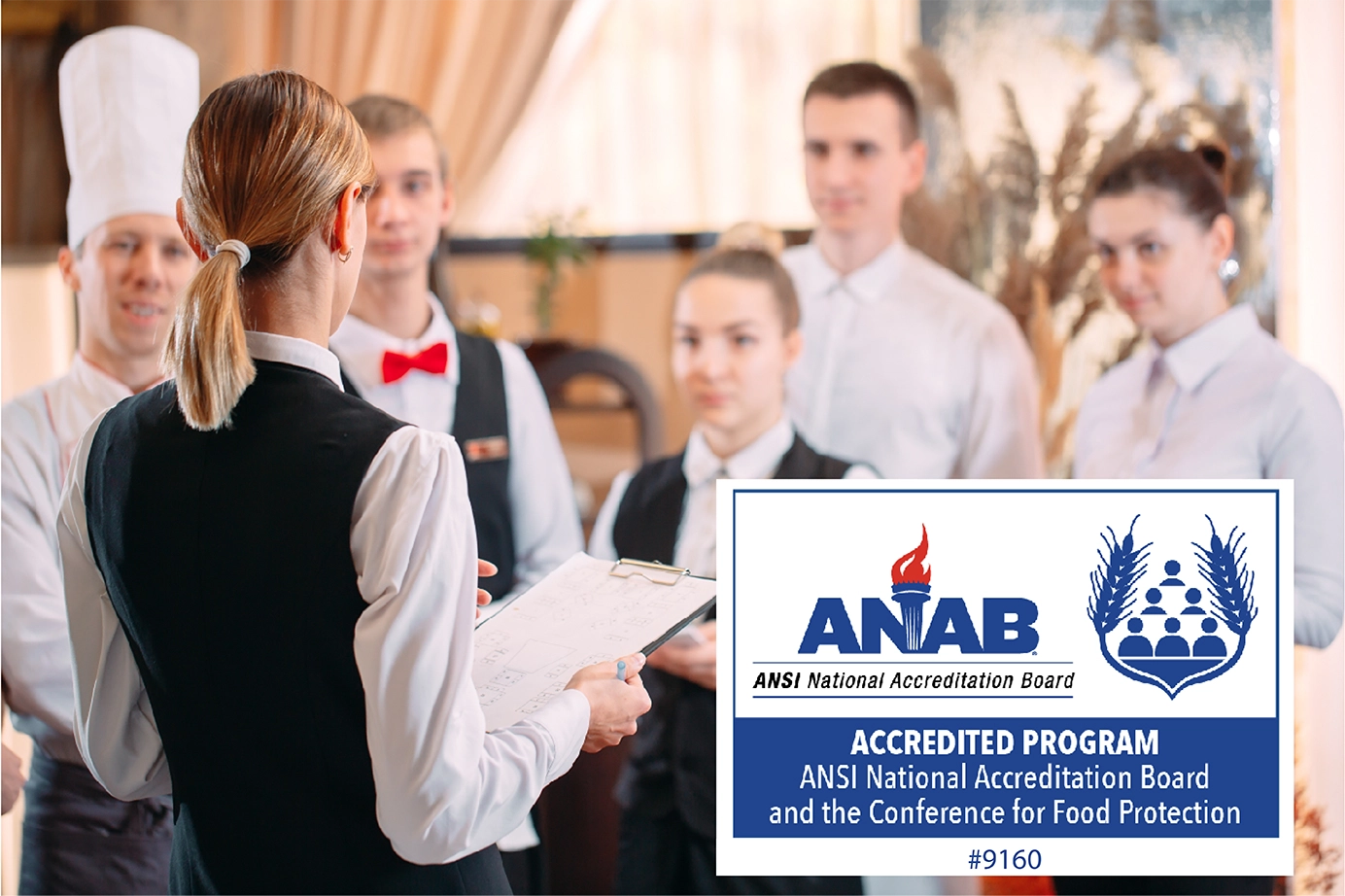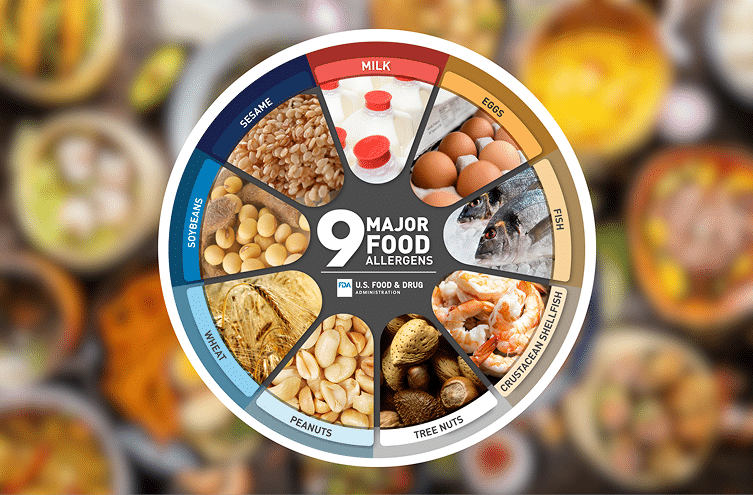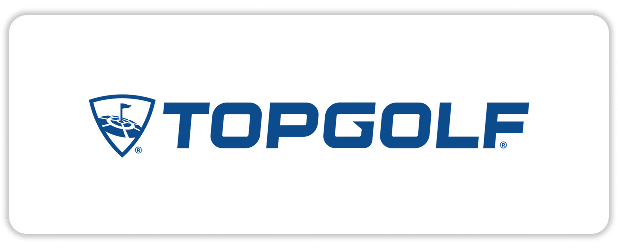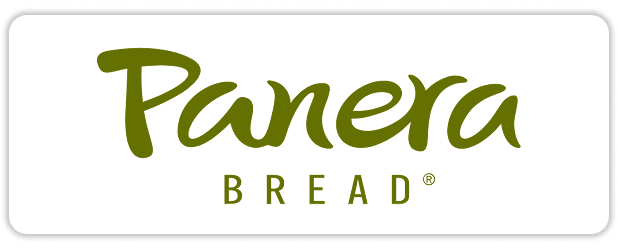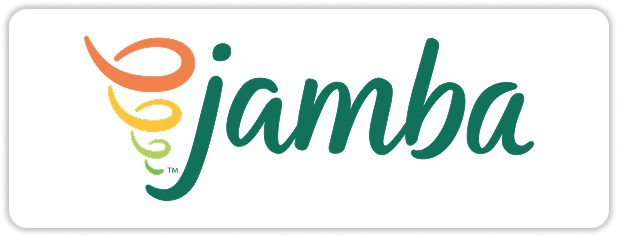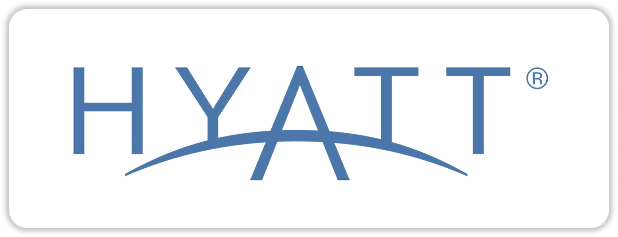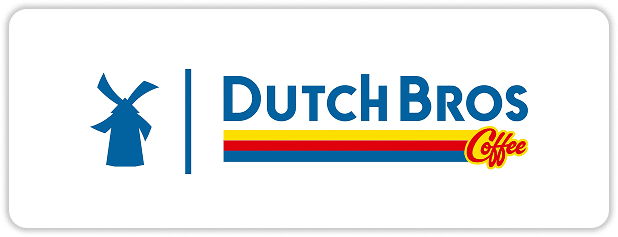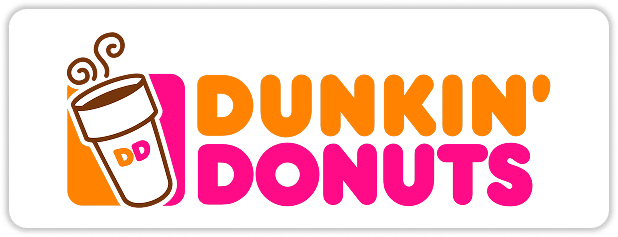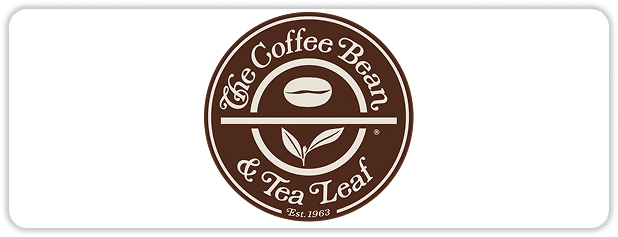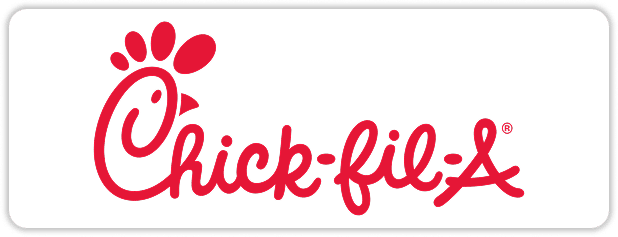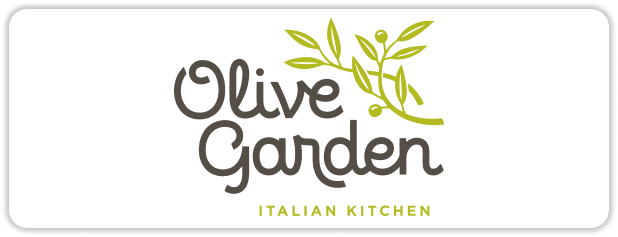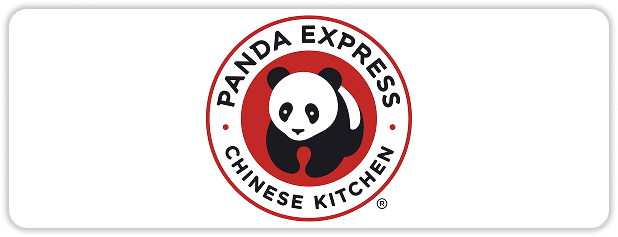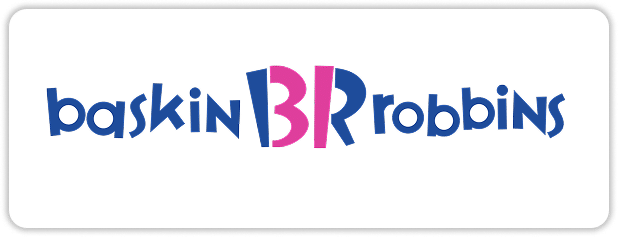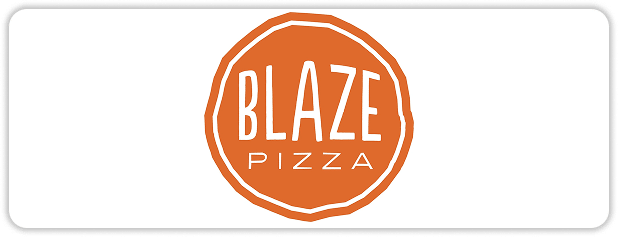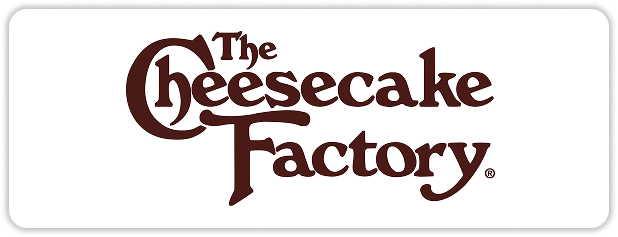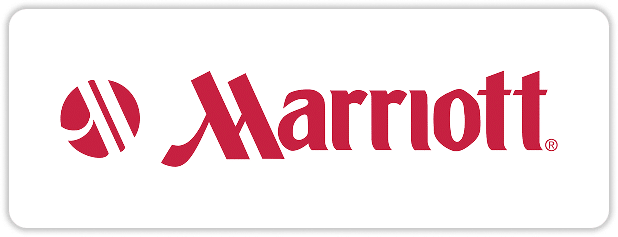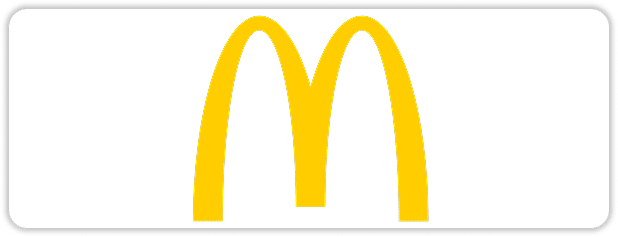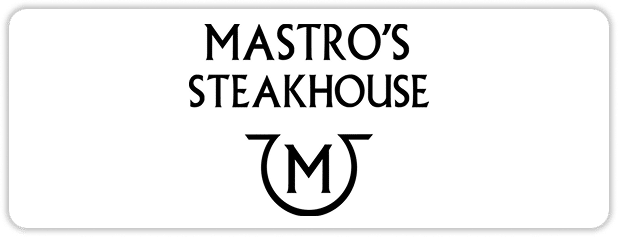
Cottage Food Law: What You Need to Know About Selling Homemade Foods
Cottage food laws allow individuals to prepare and sell specific types of foods from their home kitchens without needing a commercial license. These laws are designed to support home-based food businesses while ensuring public health and safety through clear guidelines and, in some cases, training requirements.
Whether you’re baking cookies for a weekend market or crafting jams in your kitchen, understanding how cottage food laws work is key to running a safe and successful operation.
What Is Cottage Food?
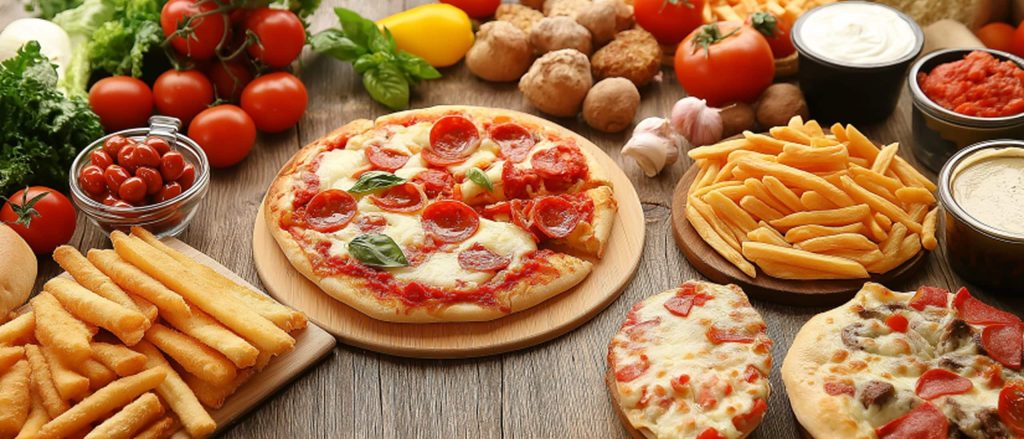
Common Cottage Foods Include:
- Baked goods (without cream, custard, or meat fillings)
- Jams, jellies, and fruit preserves
- Candies and confections
- Dried herbs, teas, and spice mixes
- Popcorn and flavored popcorn
- Granola, trail mixes, and snack bars
- Coffee beans and dry baking mixes
Each state maintains a list of approved foods. It’s important to check with your state or local health department to ensure the items you plan to make are allowed under your local cottage food law.
Who Regulates Cottage Food Law?
Most states allow you to sell directly to consumers through:
- Farmers’ markets
- Roadside stands
- Home pick-up or delivery
- Community events
- Online (within your state)
However, restrictions may apply to wholesale or interstate sales, and online shipping is often limited to in-state buyers only.
Do You Need Food Safety Training to Sell Cottage Foods?
In many states, cottage food operators are not required to complete formal food safety training, especially when selling only non-TCS (non-time/temperature controlled for safety) foods.
However, voluntarily completing food safety training or earning a nationally recognized food manager certification can offer significant advantages:
Why Get Trained?
- Build Consumer Trust – Customers are more likely to buy from food entrepreneurs who demonstrate a commitment to safety and professionalism.
- Meet Market Requirements – Some farmers’ markets, events, or retailers require vendors to show proof of training or certification.
- Reduce Risk – Understanding safe food handling practices helps prevent foodborne illness and protects your business reputation.
- Insurance Benefits – Some insurers offer discounts to food operators with a recognized food safety certification.
If you decide to pursue training, look for programs that offer a Food Handler Certificate.
For broader opportunities, consider a Nationally Accredited Food Manager Certification such as the Food Protection Manager Certification offered through the ANSI National Accreditation Board (ANSI National Accreditation Board (ANAB)) and the Conference for Food Protection (CFP).
Food Handler vs. Food Manager: What’s the Difference?
- A Food Handler Certificate is typically designed for individuals involved in preparing or serving food at an entry level. Many cottage food operators may fall into this category if they’re producing foods solo at home.
- A Food Manager Certification, also referred to as a Certified Food Protection Manager (CFPM), is ideal for those who oversee food production processes or plan to expand into commercial or wholesale channels. This certification demonstrates a comprehensive understanding of food safety regulations and best practices.
At AAA Food Handler, our Food Handler Certificate is accepted in most jurisdictions and covers essential topics including personal hygiene, sanitation, allergen awareness, and proper food storage. For those looking to take the next step, we offer a Nationally Accredited Food Manager Certification through ANSI National Accreditation Board (ANSI National Accreditation Board (ANAB)).
Labeling Requirements for Cottage Food
Most Labels Must Include:
- Product name
- Net weight or volume (in U.S. customary and metric units)
- Ingredient list (in descending order by weight)
- Allergen information (e.g., milk, eggs, nuts)
- Your name and business address
- A disclosure statement such as:
“This product was made in a home kitchen that is not subject to routine inspection.”
Expanding Beyond Cottage Food
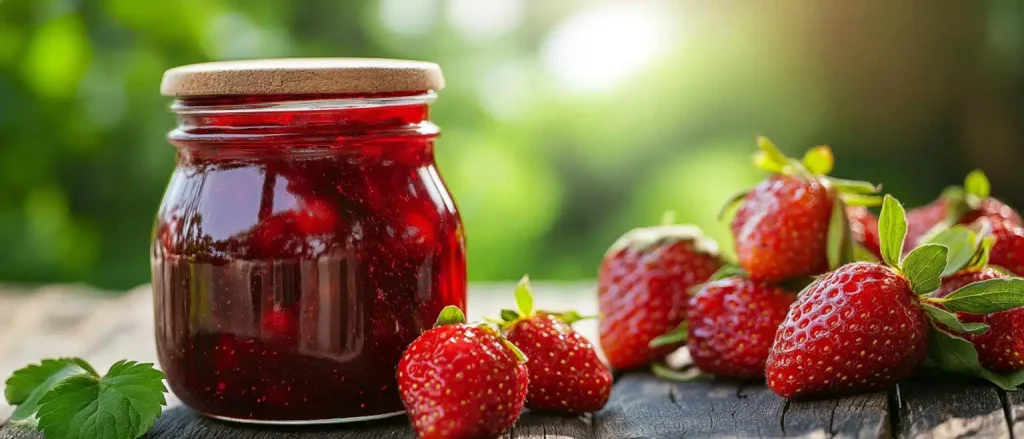
If you want to prepare foods that require refrigeration or temperature control—like cheesecakes, meats, dairy-based frostings, or salsas—you may need to apply for a commercial kitchen license or a home bakery license, depending on your state’s requirements.
Before scaling up, check with your state’s department of agriculture or local health department for specific licensing and inspection requirements.
The Bottom Line
Cottage food laws are a great opportunity for aspiring entrepreneurs to start small and share their passion for homemade foods. While training may not be required in every state, it’s a smart investment that promotes food safety, builds customer trust, and can unlock new sales opportunities.
At AAA Food Handler, we bring over 35 years of experience in food safety training to support your journey. Whether you need a Food Handler Certificate or a Nationally Accredited Food Manager Certification, our courses are designed to help you succeed in the kitchen and in business.
Have Questions About Cottage Food Safety or Certifications?
Visit our Knowledge Center for answers to frequently asked questions or explore our programs tailored to your needs.
Let AAA Food Handler be your partner in safe food, smart business, and growth from your kitchen to your community.


